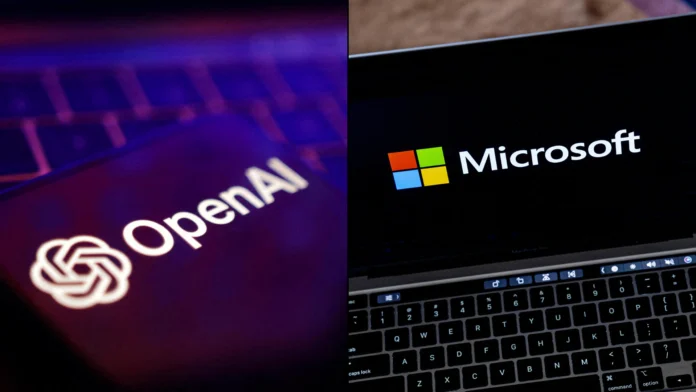According to the Wall Street Journal, OpenAI executives have discussed publicly accusing Microsoft of anticompetitive actions after OpenAI’s $3 billion purchase of coding startup Windsurf, completed in May. This dispute now threatens the very alliance that fueled the AI boom.
IP Rights Clash Halts Windsurf Integration
In my view, the core of this conflict is Microsoft’s contractual right to access all of OpenAI’s intellectual property, now including Windsurf’s codebase. OpenAI worries that sharing Windsurf’s technology will strengthen GitHub Copilot, Microsoft’s rival coding assistant, and undermine their own tools. I think it’s understandable that OpenAI would resist handing over a key competitive asset. The standoff has reportedly stalled any real integration of Windsurf, and the partners are scrambling to agree on new terms [Wall Street Journal].
Public Benefit Restructure Adds Pressure
I find it significant that OpenAI’s plan to reorganize as a public benefit corporation has made the negotiations even more complex. That change could dilute Microsoft’s equity stake and force a re‑evaluation of their 2019 investment agreement. Microsoft still holds exclusive distribution rights for OpenAI’s models on Azure, but the restructure has prompted fresh talks. In my view, neither side wants to walk away, yet both are under pressure to protect their own interests [TechCrunch].
Broader Cloud Service Tensions
Beyond Windsurf, OpenAI has reportedly sought to lower its dependence on Azure for cloud compute, which I believe reflects a strategic push for independence. The Financial Times notes that Microsoft’s access to new OpenAI developments is set to expire in 2030, so time is running short to hammer out a long‑term deal. I can’t help but wonder if OpenAI is using the antitrust threat as leverage to secure more favorable cloud terms.
Acquisition Signals Fierce Competition
The Windsurf deal, OpenAI’s largest so far, underscores just how fierce the AI tooling market has become. Formerly known as Codeium, Windsurf was snapped up after OpenAI considered another rival, Cursor, which instead raised $900 million at a $9 billion valuation. Industry analysts at The Futurum Group say this move positions OpenAI to go head‑to‑head with GitHub Copilot in a market where developers lean heavily on AI to write and debug code. Frankly, I think this acquisition could reshape developer workflows over the next few years.
What’s Next for the Partnership?
I expect we’ll see more heated discussions behind closed doors before anything gets settled publicly. Both OpenAI and Microsoft deny any breakdown in relations, pointing to a “long‑term, productive partnership” that has delivered groundbreaking tools. Yet I can’t shake the feeling that this moment marks a turning point. If the two giants fail to bridge their differences, they risk undoing years of collaboration that sparked remarkable advances in AI.
I’ll be watching closely for any regulatory filings or official complaints that might emerge. In my opinion, an antitrust claim would be a bold move—one that could invite intense scrutiny from U.S. authorities and set a new precedent for tech collaborations. At the same time, it may be the only way for OpenAI to safeguard its innovations in a field where control of IP means control of the future.

